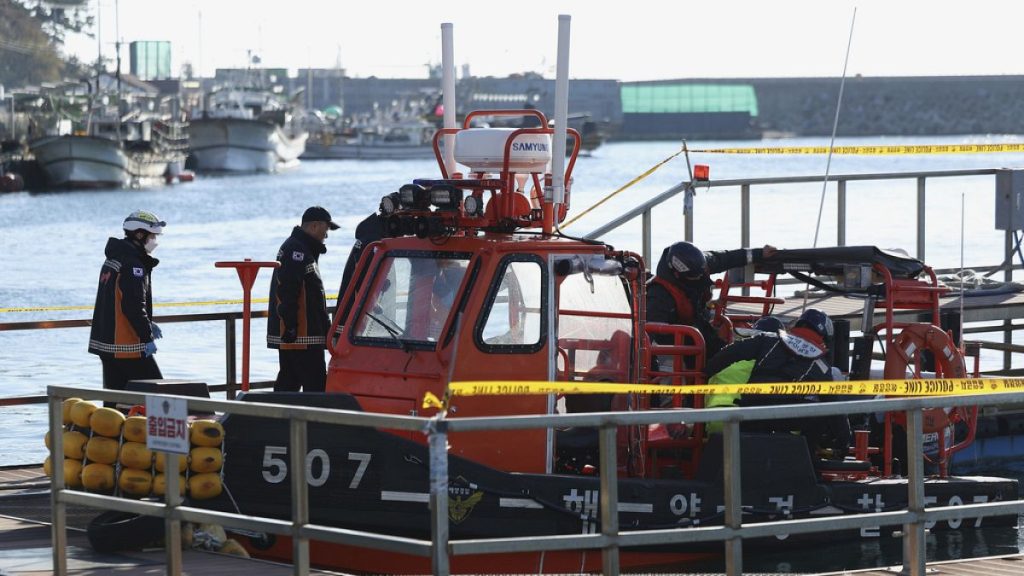The tranquil waters of the Mediterranean Sea, a vital source of livelihood for generations of Spanish fishermen, are now the epicenter of a tempestuous battle between tradition and conservation. Proposed cuts by the European Union, aiming to reduce fishing days drastically, have ignited a fiery protest amongst Spanish fishermen who perceive the measures as a direct assault on their way of life, potentially decimating their industry and plunging thousands into unemployment. Their cry of despair echoes across the Spanish coastline, painting a stark picture of a community grappling with the looming threat of economic ruin and the erosion of a centuries-old tradition. This clash highlights the complex interplay between environmental sustainability and economic realities, raising critical questions about the balance between preserving natural resources and protecting the livelihoods of those who depend on them.
The heart of the contention lies in the EU’s proposal to slash the number of days trawlers can operate in the Mediterranean. Currently permitted 130 fishing days per year, the proposed reduction to a mere 27 days represents a staggering 79% decrease. This drastic measure, intended to bolster dwindling fish stocks and safeguard biodiversity, has been met with vehement opposition from Spanish fishermen who argue that such a dramatic reduction is tantamount to a “death sentence” for their industry. They contend that the EU’s plan, based on what they believe to be flawed data, fails to consider the devastating economic and social consequences for the communities dependent on fishing. The fishermen’s protests, marked by strikes and demonstrations outside the European Commission headquarters in Madrid, underscore their desperation and determination to resist what they perceive as an existential threat.
The proposed cuts are not merely an abstract policy debate; they represent a tangible threat to the livelihoods of thousands of families. Industry representatives estimate that the measures could result in the loss of approximately 17,000 jobs, a devastating blow to a sector already grappling with existing challenges. The potential disappearance of around 556 trawling vessels, operating along the affected coastline, further underscores the magnitude of the potential economic fallout. Beyond the immediate impact on fishermen, the ripple effects of these cuts could extend to related industries, impacting the wider economy and disrupting the delicate balance of coastal communities.
The fishermen’s grievances are further compounded by a sense of being ignored and marginalized in the decision-making process. They argue that their concerns have not been adequately addressed and that the EU’s plan fails to account for the nuances of local fishing practices. The perceived disconnect between policymakers and the realities of life on the ground has fueled resentment and distrust, further exacerbating the conflict. The fishermen’s pleas for dialogue and consideration, coupled with their calls for a more balanced approach to conservation, underscore their desire for a solution that protects both the environment and their livelihoods.
The Spanish government, recognizing the potential devastation of these measures, has joined forces with France and Italy in opposing the proposed cuts. This united front reflects a shared concern for the welfare of their fishing industries and the economic well-being of their coastal communities. Spain’s Agricultural Minister has firmly stated the country’s unwavering support for its fishermen, emphasizing their refusal to accept any outcome that jeopardizes their interests. This political backing provides a glimmer of hope for the embattled fishermen, signaling a potential avenue for negotiation and compromise.
The clash between the EU’s conservation goals and the economic realities of the Spanish fishing industry underscores the complex challenges of balancing environmental protection with the needs of human communities. While the need to preserve marine resources is undeniable, the potential consequences of drastic cuts on the livelihoods of thousands warrant careful consideration. Finding a sustainable solution that safeguards both the environment and the economic future of fishing communities requires a nuanced approach, one that incorporates the voices and concerns of those most directly affected. The ongoing protests serve as a stark reminder of the human cost of environmental policies and the crucial need for inclusive and equitable solutions.














